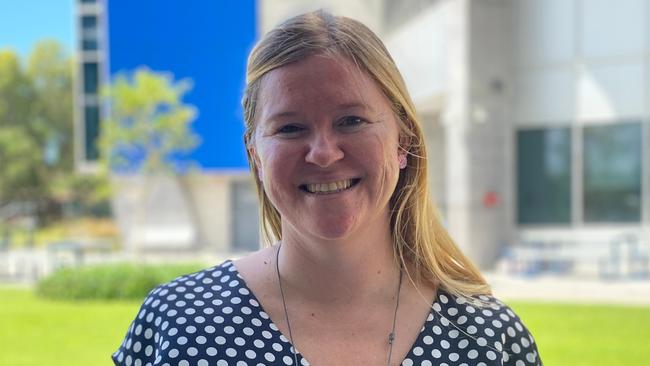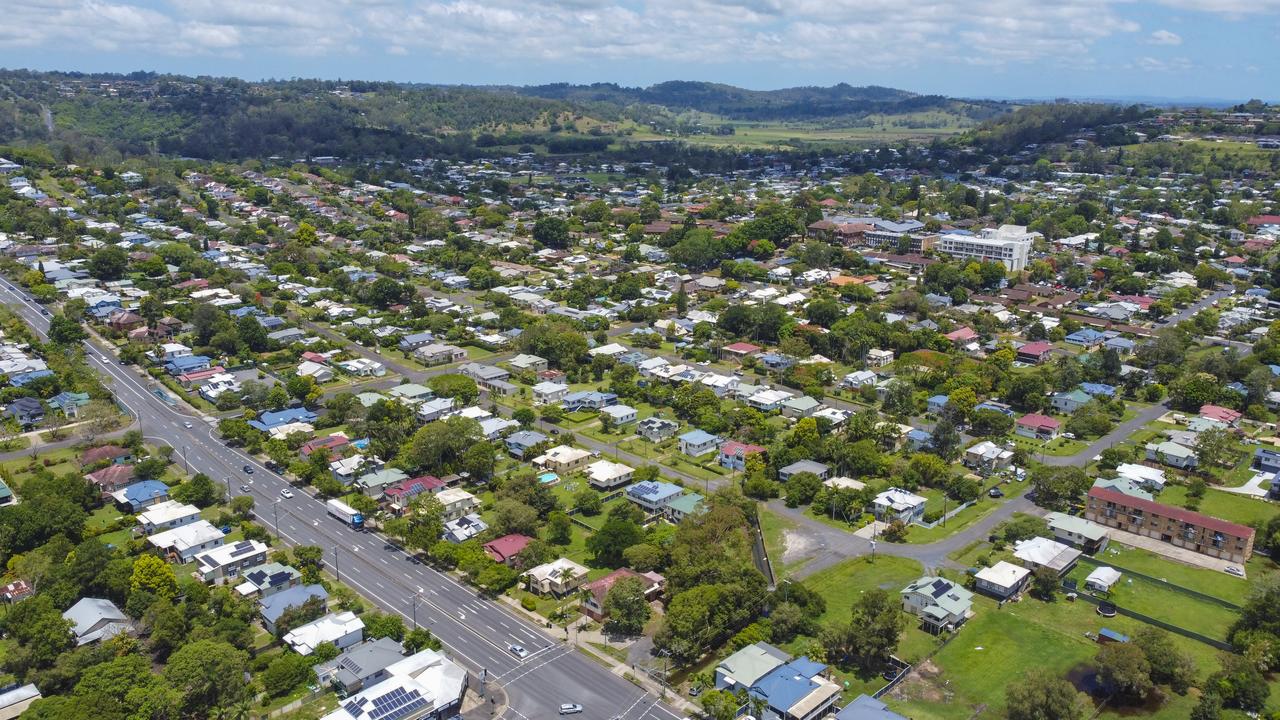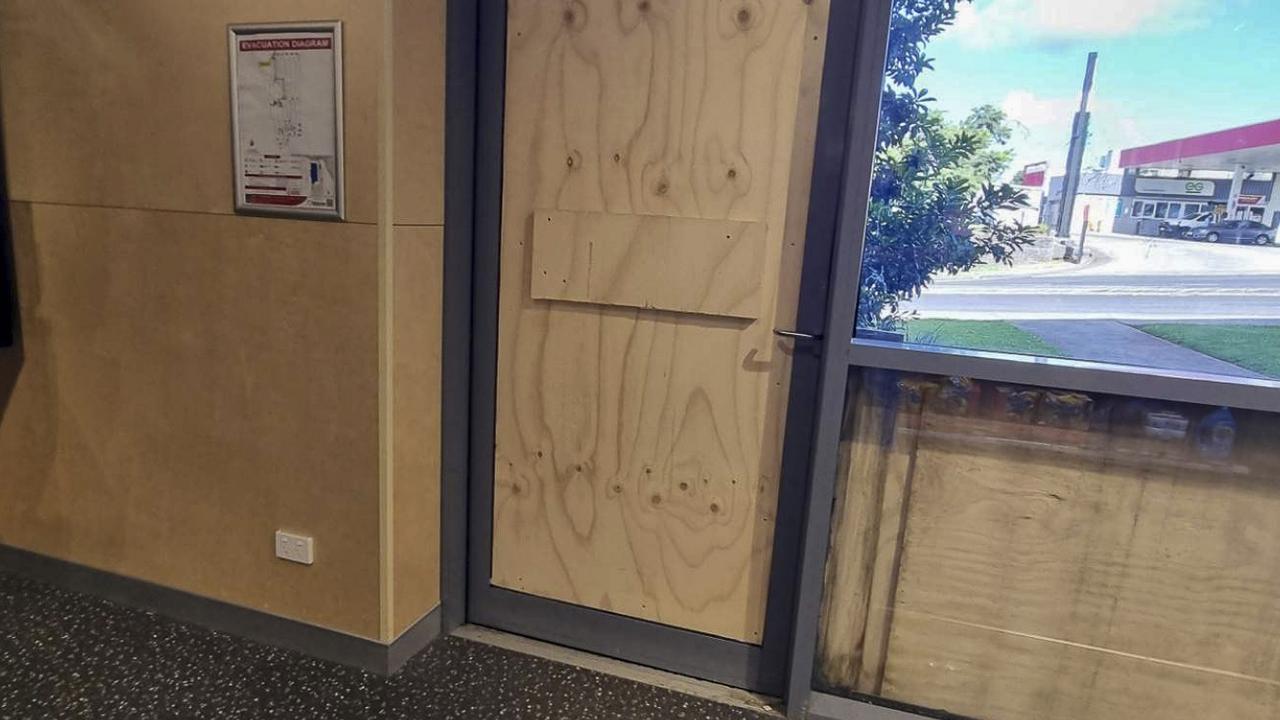Stroke victims hope of speech
A Southern Cross University researcher is giving new hope to people recovering from strokes.

Lismore
Don't miss out on the headlines from Lismore. Followed categories will be added to My News.
Imagine recovering from a debilitating stroke but not being able to form the words to communicate properly with your loved ones and your healthcare professionals.
This is the reality for nearly one third of people recovering from a stroke in Australia.
But now, thanks to Southern Cross University speech pathology lecturer Dr Kirstine Shrubsole, it could soon be a problem of the past.
Dr Shrubsole is breaking new ground with her research into aphasia, a neurological disorder caused by damage to the portion of the brain that is responsible for language and commonly affects 30 per cent of stroke victims.
During 10 years working as a speech pathologist, Dr Shrubsole said she faced this disorder on a daily basis, seeing great improvements in some patients while others remained stuck, some indefinitely.
“When you work in a hospital there are guidelines that tell us what we should be doing and when based on the research, but when I was working in the hospitals myself we often couldn’t implement them,” Dr Shrubsole said.
“There were so many barriers.
“We often didn’t have enough staff, or time, or resources (and) sometimes it was skills; we didn’t have the training to deliver a certain type of therapy.”
She went on to complete a PhD, researching aphasia and more specifically, the implementation of clinical guidelines and effective behaviour change techniques in order to improve speech pathology practice and aphasia treatment within the hospital system.
Dr Shrubsole’s goal is to improve the care delivered to stroke patients across Australia so that no matter which hospital they attend, they receive the same high-quality care based on the latest evidence.
She explains it’s a matter of approaching things from the top down and bottom up simultaneously.
“All of my research is based on trying to improve how the latest evidence is translated into practice,” Dr Shrubsole said.
“It’s called closing the evidence/practice gap.
Now Dr Shrubsole is passing on what she’s learned to Southern Cross University students, helping them understand the latest research and evidence.
Sarah Eenjes, a final-year speech pathology student, recently attended an Aphasia Camp on the Gold Coast, organised by the Australian Aphasia Association, to gain first-hand experience from patients working to improve their ability to communicate.
“It’s one of my passions, being able to help those with aphasia as not many people know about aphasia,” Ms Eenjes said.
“The camp was an invaluable learning experience.”


